Comprendre les avantages et les stratégies du renseignement sur les achats

Face à la concurrence croissante et à la complexité croissante de la chaîne d'approvisionnement, les responsables des achats doivent s'adapter pour garder une longueur d'avance. Les méthodes d'approvisionnement traditionnelles ne suffisent tout simplement plus à garantir une croissance et une rentabilité durables. C'est là que l'intelligence globale des achats entre en jeu, une approche avancée basée sur les données qui fournit des informations plus approfondies et un contrôle plus stratégique des opérations d'approvisionnement.
Dans cet article, nous verrons comment l'exploitation d'une intelligence complète des achats peut révolutionner vos stratégies commerciales, améliorer la gestion des fournisseurs et réaliser des économies significatives. Découvrez des stratégies pratiques pour exploiter tout le potentiel de ce puissant outil et améliorer les performances de vos achats.
À ; SEC :
- Total Procurement Intelligence intègre des données provenant de différentes sources pour permettre de prendre des décisions d'achat plus intelligentes et stratégiques.
- L'IA et l'apprentissage automatique sont essentiels pour prévoir les tendances, optimiser les relations avec les fournisseurs et réaliser des économies de coûts.
- TPI transforme les achats d'une fonction tactique en un moteur stratégique aligné sur des objectifs commerciaux plus larges.
- Les défis courants liés à la mise en œuvre incluent l'intégration des données, les lacunes en matière de compétences et la résistance au changement, mais ils peuvent être surmontés avec la bonne plateforme.
- AkiroLabs fournit une solution conviviale basée sur l'IA qui aborde l'intégration, la prise de décision et l'évolutivité pour les entreprises de toutes tailles.
Qu'est-ce que Total Procurement Intelligence ?
La Total Procurement Intelligence (TPI) est une approche complète basée sur les données qui permet aux organisations de prendre des décisions plus intelligentes et plus stratégiques tout au long du processus d'achat. Il intègre diverses sources de données, telles que les performances des fournisseurs, les tendances du marché et les données sur les dépenses internes dans un système unifié. Cela permet aux équipes d'approvisionnement d'obtenir des informations exploitables en temps réel et d'adopter une approche stratégique plus informée en matière d'achats.
Importance du renseignement sur les achats
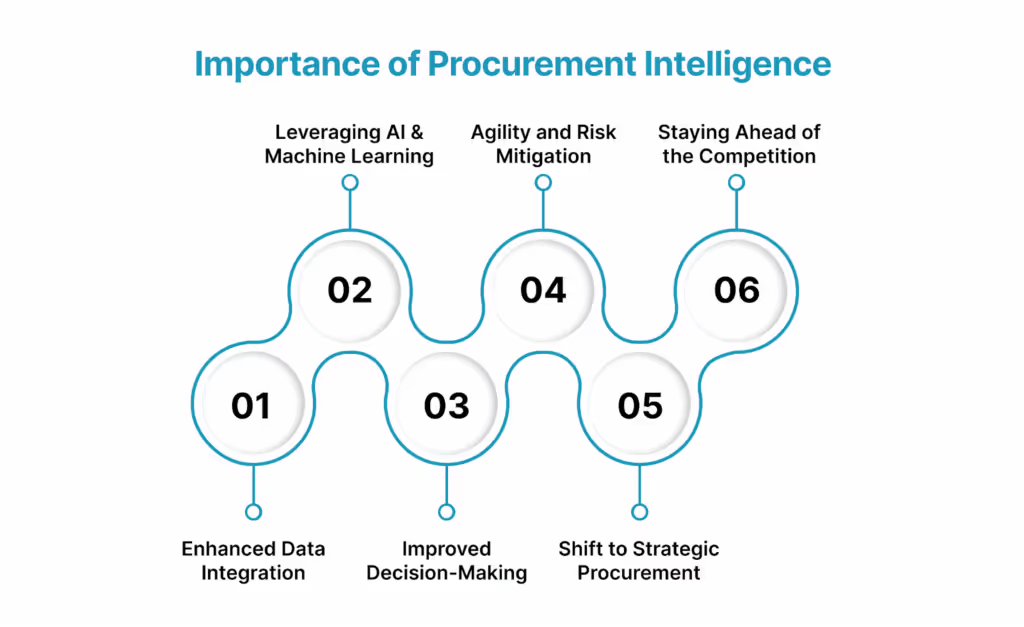
Dans l'environnement commercial en évolution rapide d'aujourd'hui, les achats sont de plus en plus considérés comme une fonction stratégique plutôt que comme un simple outil de réduction des coûts. Les entreprises sont soumises à une pression croissante pour prendre des décisions fondées sur les données qui non seulement réduisent les coûts, mais contribuent également à la réussite organisationnelle à long terme. D'après un Enquête 2024 réalisée par The Hackett Group, 75 % des entreprises prévoient d'améliorer leurs capacités d'analyse des données et de reporting au cours de l'année à venir. Ce changement reflète l'importance croissante de la Total Procurement Intelligence (TPI), une approche qui intègre diverses sources de données et des technologies avancées pour optimiser les décisions d'achat et améliorer les résultats commerciaux globaux.
Voici quelques raisons principales pour lesquelles la Total Procurement Intelligence est vitale pour les entreprises modernes :
- Intégration améliorée des données: TPI consolide les données provenant de sources multiples, telles que les performances des fournisseurs, les tendances du marché et les dépenses internes, sur une plateforme unique pour une vision plus globale des activités d'approvisionnement.
- Tirer parti de l'IA et de l'apprentissage automatique : En intégrant des technologies avancées d'IA et d'apprentissage automatique, TPI aide les équipes d'approvisionnement à identifier les tendances, à prévoir les demandes et à prendre des décisions plus intelligentes et plus stratégiques.
- Prise de décision améliorée : Grâce à des données et à des informations en temps réel, les organisations peuvent prendre des décisions éclairées qui s'alignent sur des objectifs commerciaux plus larges tels que la durabilité, l'innovation et la croissance à long terme.
- Agilité et atténuation des risques:Le TPI permet aux entreprises de réagir rapidement aux évolutions du marché et aux perturbations potentielles, en réduisant les risques liés à l'approvisionnement et en conservant un avantage concurrentiel.
- Passage à l'approvisionnement stratégique: Plutôt que de se concentrer uniquement sur la réduction des coûts, TPI transforme les achats en une fonction stratégique qui soutient la croissance de l'entreprise et s'aligne sur les principaux objectifs de l'entreprise.
- Garder une longueur d'avance sur la concurrence: Grâce au TPI, les entreprises sont mieux équipées pour prospérer dans un environnement concurrentiel en prenant des décisions fondées sur des données qui soutiennent à la fois l'efficacité opérationnelle et les objectifs stratégiques à long terme.
Bien conscients de son importance, nous passons maintenant aux avantages pratiques que les organisations peuvent tirer de la mise en œuvre de l'intelligence des achats.
Les avantages du renseignement sur les achats
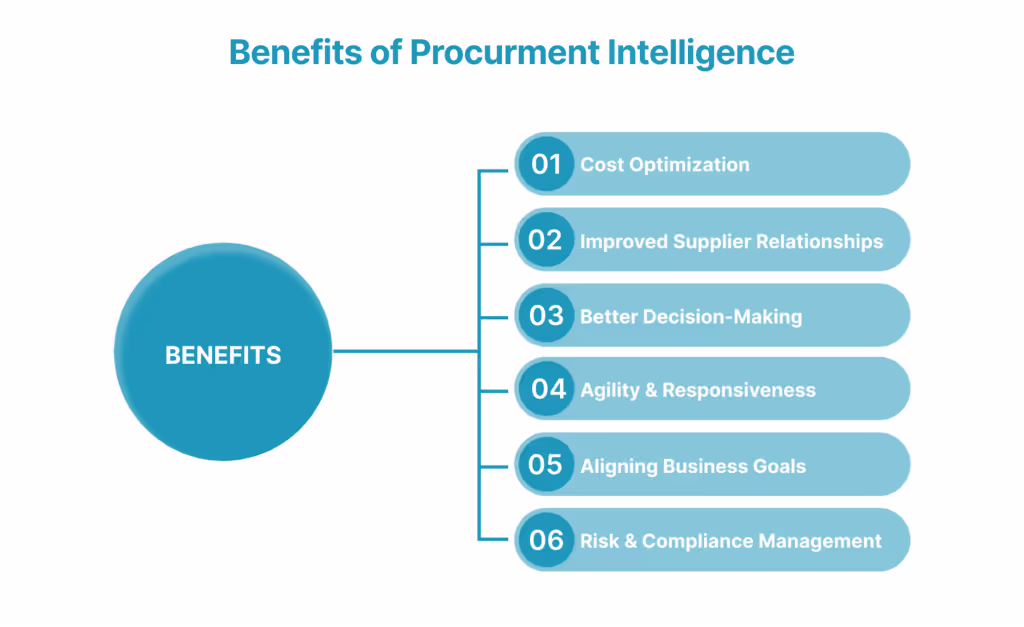
Les avantages de l'intelligence des achats vont au-delà des économies de coûts, car ils influencent les relations avec les fournisseurs, la prise de décision et l'agilité globale de l'entreprise.
Voici un aperçu des principaux avantages :
- Optimisation des coûts : L'intelligence des achats permet d'identifier les inefficacités et de découvrir les opportunités de réduction des coûts en analysant les performances des fournisseurs et les tendances du marché, aidant ainsi les entreprises à réduire les coûts d'approvisionnement tout en améliorant la valeur.
- Relations avec les fournisseurs améliorées : En exploitant les données pour évaluer les performances des fournisseurs, les entreprises peuvent établir des partenariats plus solides et plus stratégiques, garantissant ainsi une meilleure collaboration, une meilleure gestion des risques et une fiabilité tout au long de la chaîne d'approvisionnement.
- Meilleure prise de décisions : Grâce à un accès en temps réel aux données et aux informations, les équipes d'approvisionnement sont en mesure de prendre des décisions plus éclairées et opportunes qui alignent les stratégies d'achat sur des objectifs commerciaux plus larges, tels que l'innovation et la durabilité.
- Agilité et réactivité accrues : L'intelligence des achats permet aux entreprises de réagir rapidement à l'évolution des conditions du marché et aux perturbations, ce qui leur permet d'ajuster leurs stratégies d'achat et d'atténuer les risques de manière efficace.
- Alignement stratégique avec les objectifs commerciaux : En alignant les décisions d'achat sur les priorités organisationnelles, l'intelligence des achats garantit que les activités d'approvisionnement contribuent à la croissance, à la résilience et à la durabilité à long terme de l'entreprise.
- Conformité et gestion des risques améliorées : Les informations basées sur les données sur les fournisseurs et les contrats aident les organisations à améliorer la conformité aux normes réglementaires et à réduire les risques, en particulier en ce qui concerne les performances des fournisseurs et les obligations contractuelles.
Bien que l'intelligence des achats présente de nombreux avantages, les entreprises peuvent être confrontées à plusieurs défis lors de sa mise en œuvre. Explorons certains de ces obstacles courants.
Difficultés liées à la mise en œuvre du renseignement
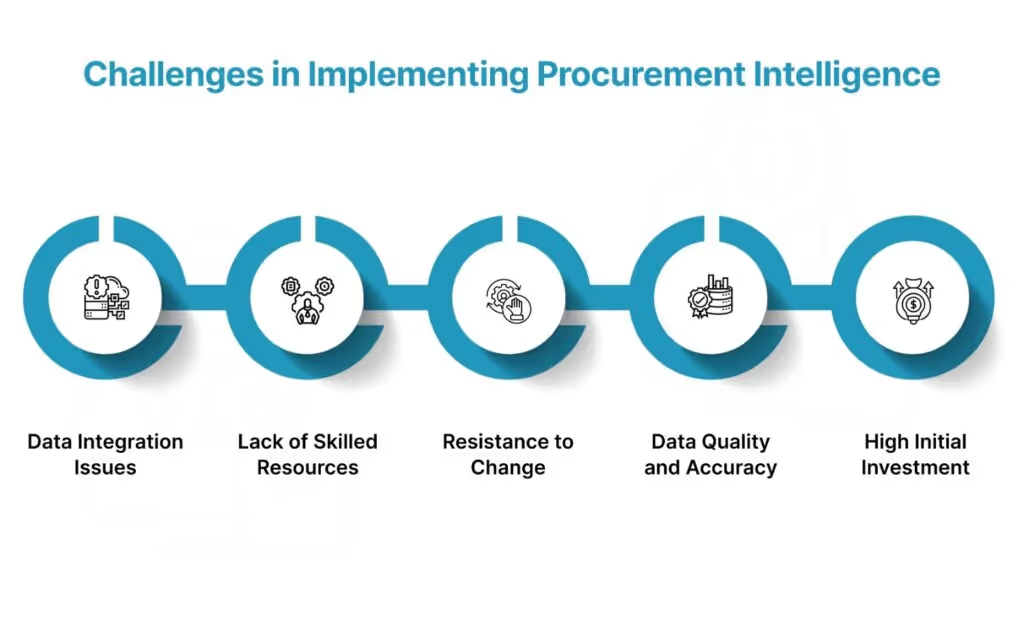
Bien que les avantages de l'intelligence des achats soient évidents, les organisations sont souvent confrontées à des défis importants lorsqu'elles tentent de la mettre en œuvre et de l'intégrer à leurs opérations. Ces obstacles peuvent aller des limites technologiques à la résistance au changement au sein de l'organisation. Il est essentiel de surmonter ces défis pour exploiter pleinement le potentiel de /procurement intelligence et favoriser la réussite commerciale.
Parmi les défis courants auxquels les entreprises sont confrontées, citons :
- Problèmes d'intégration des données: De nombreuses entreprises ont du mal à intégrer des données provenant de sources multiples, ce qui rend difficile l'obtention d'une vue unifiée des activités d'achat.
- Manque de ressources qualifiées: L'intelligence des achats nécessite des compétences spécialisées en analyse de données, en IA et en apprentissage automatique, ce qui fait défaut à de nombreuses entreprises.
- Résistance au changement: La transition vers une approche d'achat axée sur les données nécessite souvent un changement culturel au sein de l'organisation, qui peut se heurter à des résistances.
- Qualité et précision des données: Des informations efficaces sur les achats reposent sur des données précises et à jour, et une mauvaise qualité des données peut entraîner des informations et des décisions trompeuses.
- Investissement initial élevé: La mise en œuvre de solutions d'intelligence des achats nécessite souvent un investissement initial important, ce qui peut constituer un obstacle pour certaines entreprises.
Laboratoires Akiro aide les entreprises à surmonter ces défis en fournissant une plateforme conviviale alimentée par l'IA qui simplifie l'intégration des données, améliore la prise de décision et garantit l'exactitude des données, tout en proposant des solutions évolutives adaptées à tous les budgets.
En gardant ces défis à l'esprit, examinons quelques stratégies efficaces que les entreprises peuvent mettre en œuvre pour maximiser les avantages de l'intelligence des achats.
Stratégies efficaces pour tirer parti des renseignements sur les achats
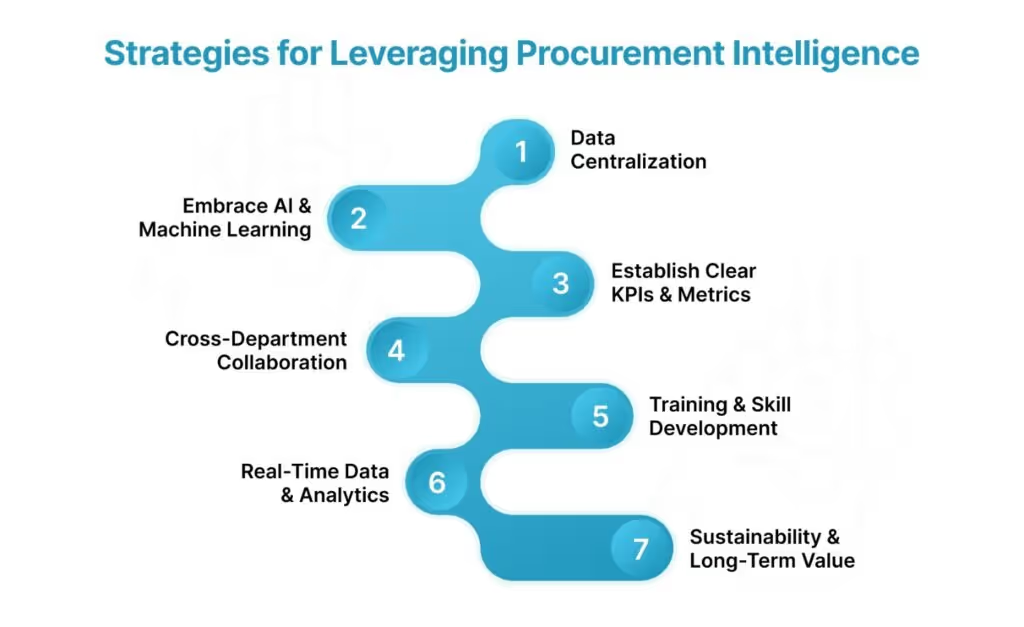
Pour tirer pleinement parti des avantages de l'intelligence des achats, les entreprises doivent adopter des approches stratégiques qui maximisent sa valeur. La mise en œuvre de ces stratégies permet aux équipes d'approvisionnement d'exploiter efficacement les informations basées sur les données, de rationaliser les processus et d'aligner les décisions d'achat sur les objectifs organisationnels plus généraux.
Voici quelques stratégies clés à envisager :
- Centralisation des données: La centralisation des données d'approvisionnement dans un système unifié permet d'accéder plus facilement à des informations précises en temps réel. En éliminant les silos de données, les entreprises peuvent créer une vue complète de leurs opérations d'approvisionnement, ce qui permet de prendre de meilleures décisions et d'améliorer la gestion des fournisseurs.
- Adoptez l'IA et l'apprentissage automatique: L'utilisation d'outils d'intelligence artificielle et d'apprentissage automatique peut aider à identifier les tendances, à prévoir la demande et à optimiser les relations avec les fournisseurs. Ces technologies permettent aux équipes d'approvisionnement d'analyser de grands ensembles de données et de découvrir des informations cachées que les méthodes traditionnelles peuvent ignorer.
- Établissez des indicateurs de performance clés et des indicateurs clairs: La définition d'indicateurs de performance clés (KPI) et de mesures garantit que les équipes achats restent concentrées sur les objectifs les plus importants. Le suivi des bons indicateurs permet aux entreprises d'évaluer la performance des achats, d'identifier les domaines à améliorer et d'aligner les stratégies sur les objectifs de l'entreprise.
- Promouvoir la collaboration entre les services: Le renseignement sur les achats ne doit pas être limité au seul service des achats. Encourager la collaboration entre les départements tels que les finances, les opérations et le marketing garantit que les décisions d'achat s'alignent sur la stratégie et les objectifs commerciaux généraux, favorisant ainsi une approche unifiée.
- Formation continue et développement des compétences: Pour que le renseignement sur les achats soit efficace, l'équipe doit être dotée des compétences nécessaires pour interpréter les données et prendre des décisions éclairées. Des formations régulières sur les nouveaux outils, technologies et techniques d'analyse aideront les équipes d'approvisionnement à garder une longueur d'avance sur les tendances du secteur et à optimiser les performances.
- Tirez parti des données et des analyses en temps réel: Les données en temps réel sont essentielles à l'agilité des achats. L'exploitation des dernières tendances du marché, des performances des fournisseurs et des données sur les dépenses permet aux entreprises de réagir rapidement à l'évolution des conditions, d'ajuster leurs stratégies et d'atténuer les risques.
- Concentrez-vous sur la durabilité et la valeur à long terme: L'intelligence des achats doit être utilisée non seulement pour réduire les coûts, mais également pour aligner les décisions d'achat sur les objectifs de durabilité. Prioriser la valeur à long terme, y compris les facteurs environnementaux, sociaux et de gouvernance (ESG), garantit que les stratégies d'approvisionnement contribuent à la fois à la croissance de l'entreprise et à la responsabilité de l'entreprise.
Conclusion
L'intelligence des achats est essentielle pour optimiser l'efficacité, réaliser des économies et aligner les achats sur les objectifs commerciaux à long terme. En tirant parti de l'IA, de l'apprentissage automatique et des données en temps réel, les entreprises peuvent prendre des décisions plus intelligentes, améliorer les relations avec les fournisseurs et obtenir des informations précieuses.
Pour tirer pleinement parti de l'intelligence des achats, il est essentiel de surmonter les défis et d'adopter des stratégies efficaces.
Exploitez la puissance de l'intelligence des achats avec Laboratoires Akiro. Notre plateforme pilotée par l'IA permet de rationaliser vos processus d'approvisionnement et de générer une valeur stratégique. Réservez une démo personnalisée avec akirolabs.
FAQ
Q. Qu'est-ce que l'intelligence globale en matière d'achats ?
Total Procurement Intelligence est une approche axée sur les données qui intègre diverses sources de données, notamment les performances des fournisseurs et les tendances du marché, afin d'aider les organisations à prendre des décisions d'achat plus intelligentes.
Q. Comment le renseignement sur les achats améliore-t-il la prise de décisions ?
L'intelligence des achats fournit des informations exploitables en temps réel qui permettent aux équipes d'approvisionnement de prendre des décisions stratégiques éclairées, conformes aux objectifs commerciaux tels que la réduction des coûts, la durabilité et l'innovation.
Q. Quels sont les défis auxquels les entreprises sont confrontées lors de la mise en œuvre de l'intelligence des achats ?
Les principaux défis incluent les problèmes d'intégration des données, le manque de ressources qualifiées, la résistance au changement, la mauvaise qualité des données et les investissements initiaux élevés. Cependant, ces problèmes peuvent être atténués avec les bons outils et les bonnes stratégies.
Q. Quels sont les 4 types d'approvisionnement ?
Approvisionnement direct : achat de biens et de services nécessaires à la production.
Achats indirects : achat de biens et de services qui soutiennent l'entreprise mais ne sont pas directement impliqués dans la production.
Approvisionnement en services : acquisition de services tels que le conseil, la maintenance ou le support informatique.
Approvisionnement en biens : achat de produits physiques destinés à être utilisés ou revendus.
Q. Quelle est la taille du marché du renseignement sur les achats ?
Le marché mondial de l'analyse des achats était évalué à environ 5,36 milliards de dollars américains en 2024 et devrait atteindre 6,29 milliards de dollars américains en 2025, avec un taux de croissance annuel composé (TCAC) de 17,4 %.
Qu'est-ce qui fait la réussite d'un projet pilote avec akirolabs ?
Nous définissons le succès en collaboration avec votre équipe. Les résultats typiques incluent la création de stratégies pour les catégories prioritaires, des améliorations mesurables des processus et un alignement interne. Nous fournissons un soutien complet et une feuille de route claire pour l'évaluation.
Puis-je essayer la plateforme de manière pratique après la démonstration ?
Oui, nous proposons des pilotes guidés et des environnements sandbox en fonction de l'étape à laquelle vous vous trouvez dans le processus d'achat. Ils vous permettent, à vous et à votre équipe, d'explorer les fonctionnalités dans votre propre contexte.
Qui devrait assister à la démonstration au sein de mon organisation ?
Nous vous recommandons d'inclure les principales parties prenantes de votre équipe de direction des achats, de votre fonction de gestion des catégories et de vos groupes d'excellence ou de transformation des achats. L'inclusion des parties prenantes commerciales peut également s'avérer utile pour démontrer comment la plateforme facilite la collaboration interfonctionnelle.
Que vais-je voir lors d'une démonstration d'akirolabs ?
Au cours de la démonstration, vous verrez le pupitre de stratégie par catégorie complet d'akirolabs en action, y compris le flux de travail collaboratif, les informations d'AkiroAssist alimentées par l'IA, les fonctionnalités de modélisation de scénarios stratégiques et la fonctionnalité Strategy One-Pager. Nous personnaliserons la démonstration afin de mettre l'accent sur les aspects les plus pertinents pour les besoins de votre organisation.
Puis-je voir comment akirolabs fonctionnerait avec nos catégories spécifiques ?
Oui, nous pouvons personnaliser la démo pour montrer comment akirolabs fonctionne avec vos catégories spécifiques et votre structure d'approvisionnement. Faites-nous part de vos domaines prioritaires à l'avance et nous personnaliserons la démonstration en conséquence.
Combien de temps dure une démo classique ?
Une démonstration standard dure environ 45 à 60 minutes, ce qui permet d'avoir un aperçu complet de la plateforme et de discuter de vos besoins spécifiques. Nous pouvons ajuster le calendrier en fonction de vos disponibilités et de vos centres d'intérêt.
Êtes-vous prêt à transformer votre stratégie d'approvisionnement ?
Il existe une meilleure façon de procéder aux achats. C'est IT.
.avif)
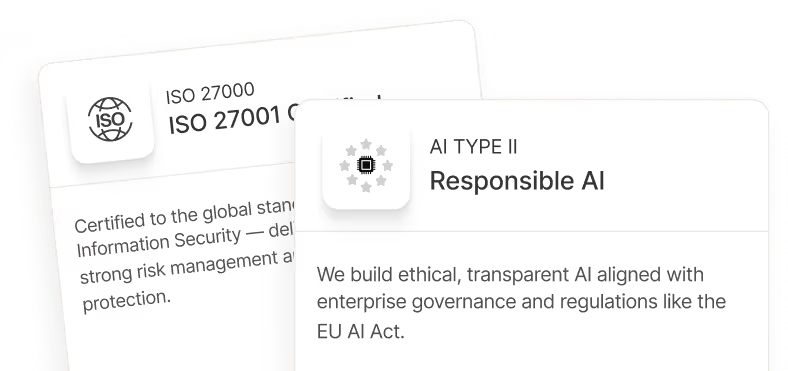






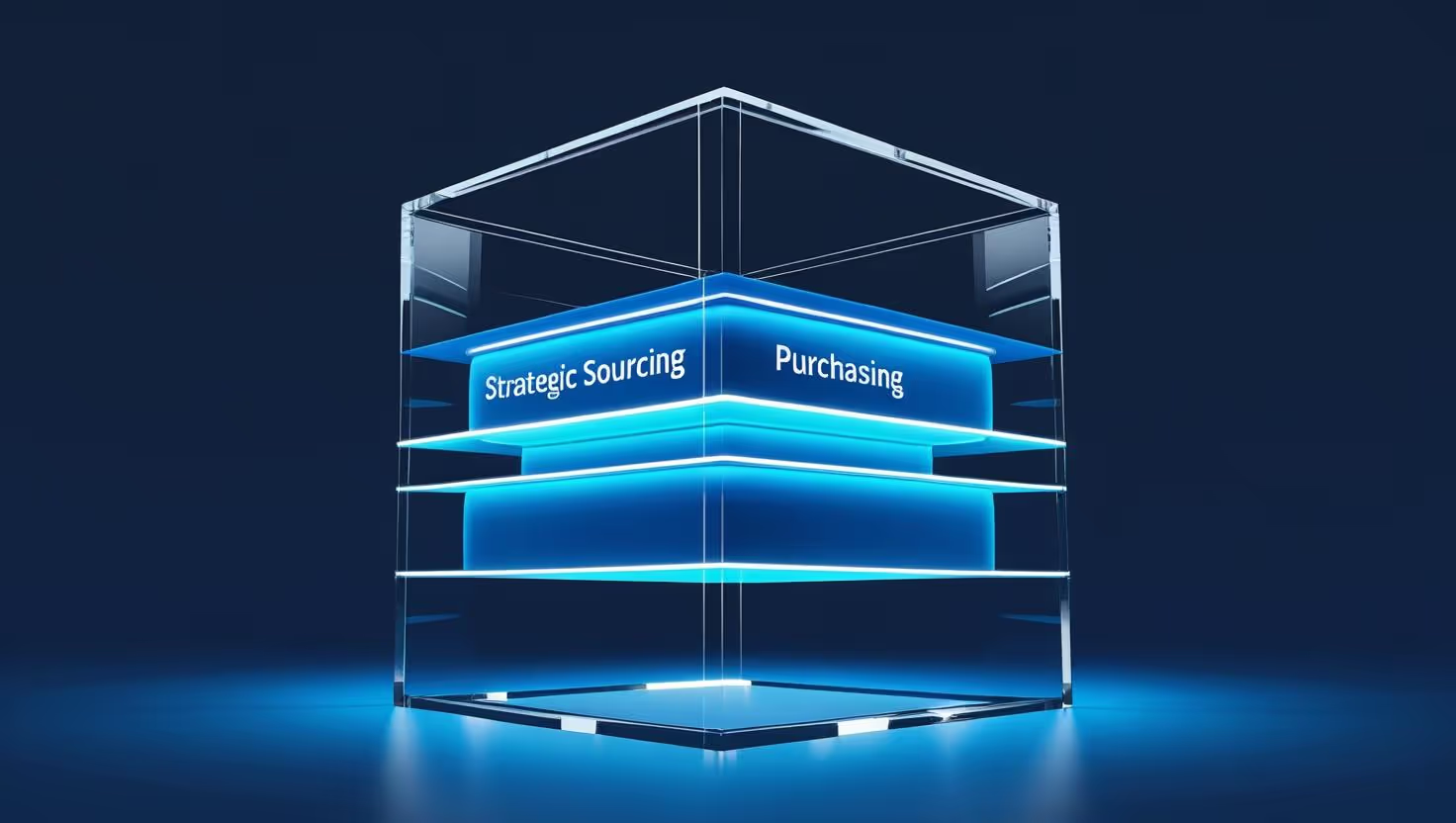


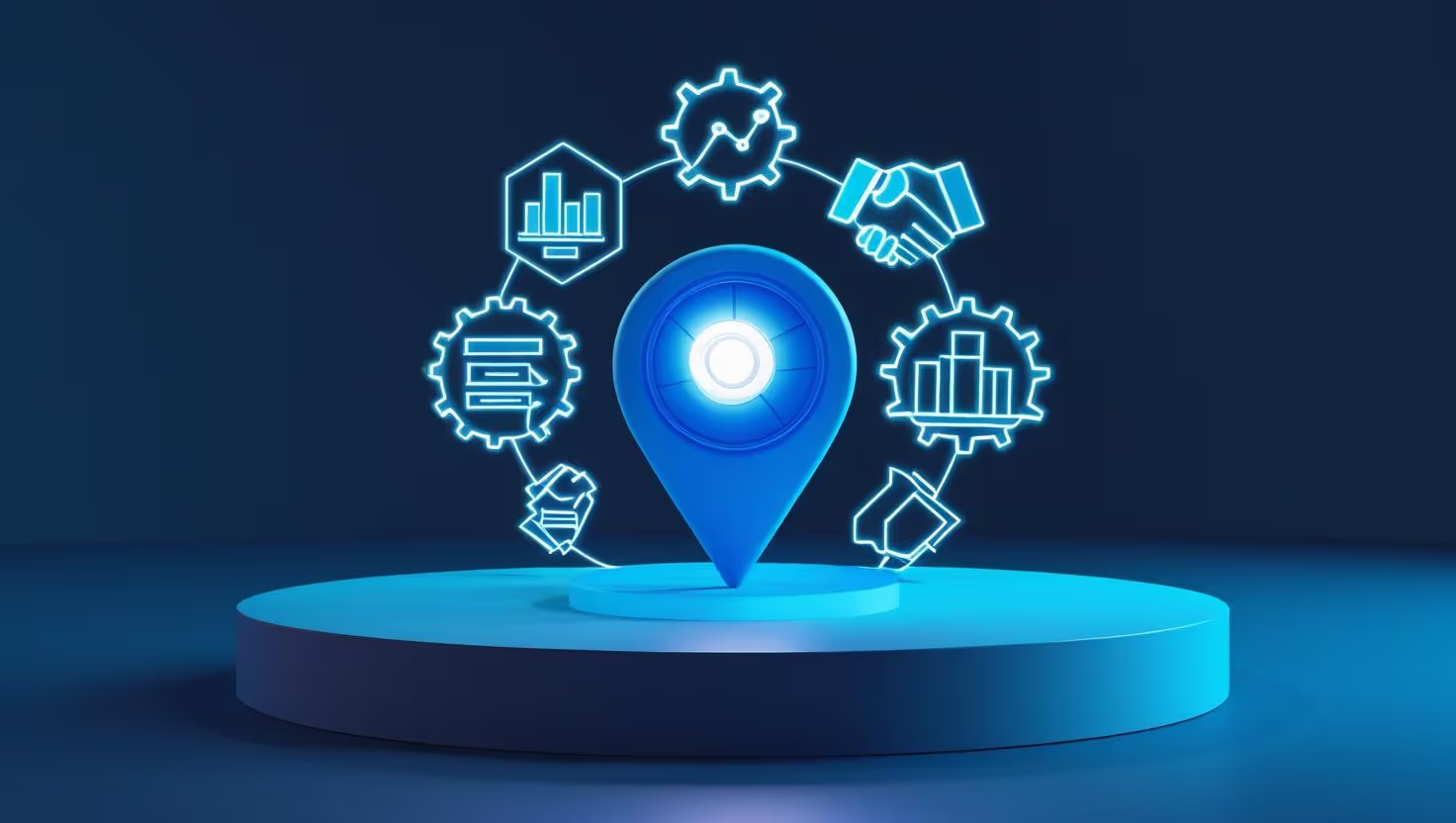






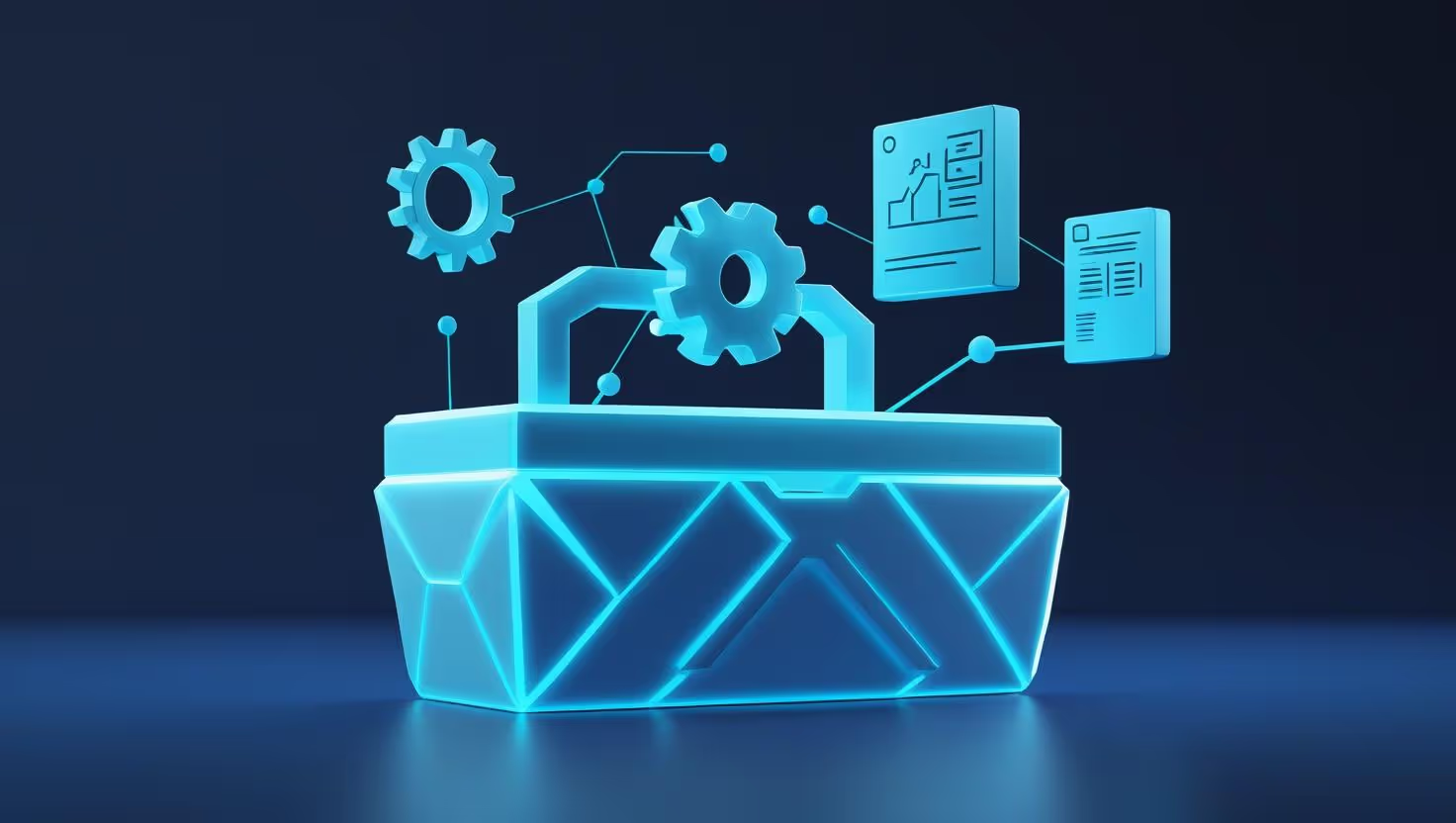






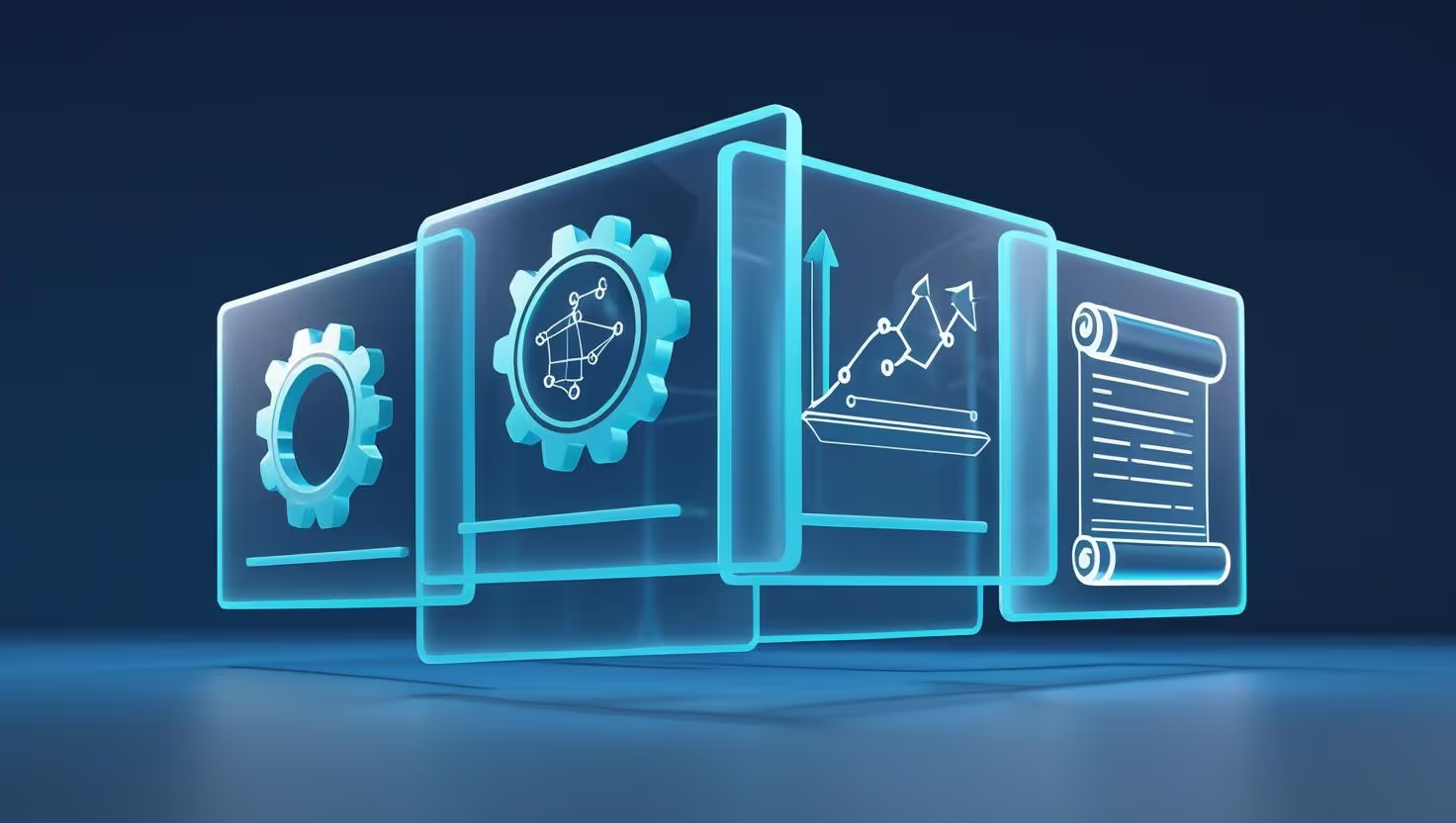
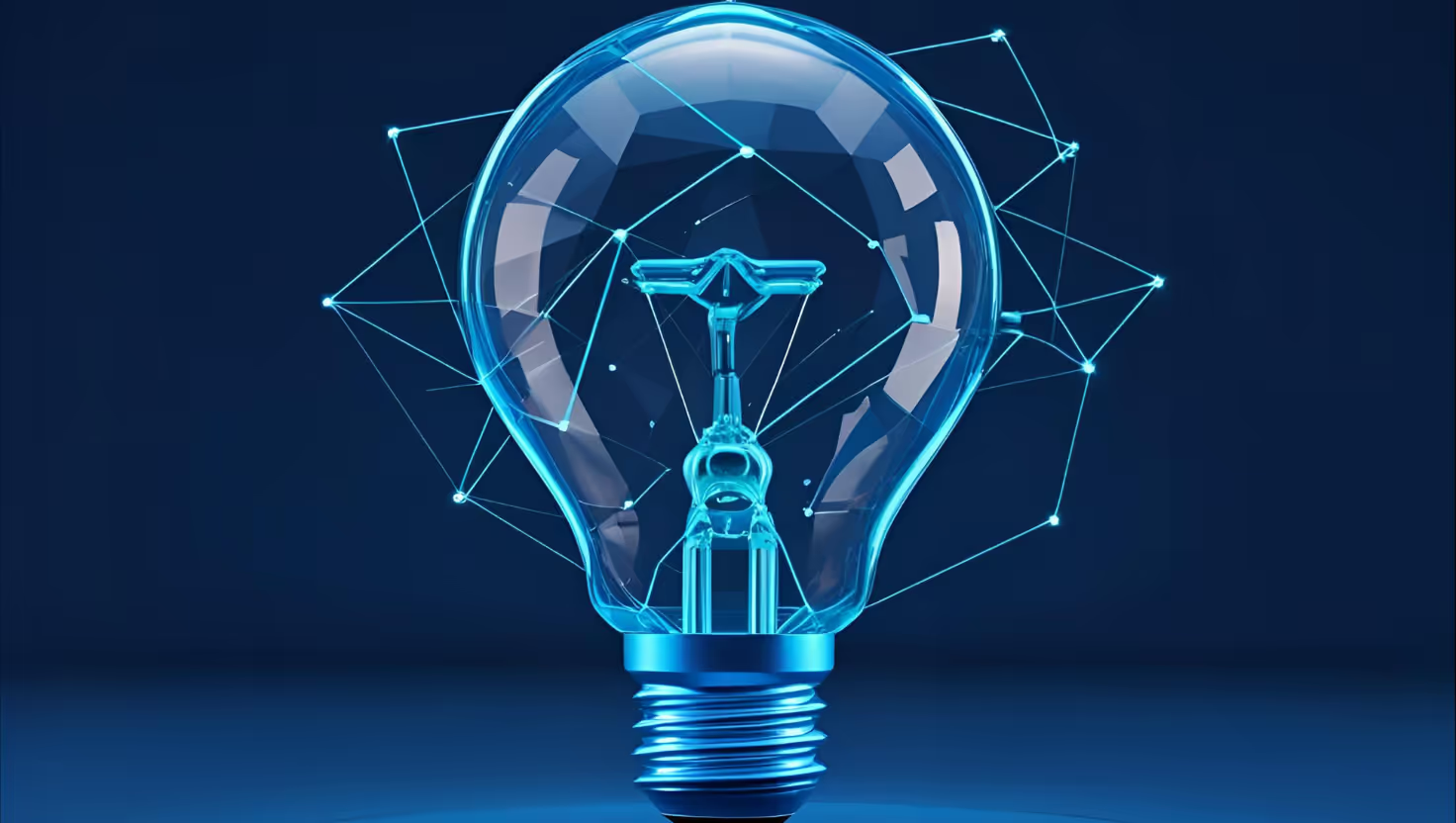


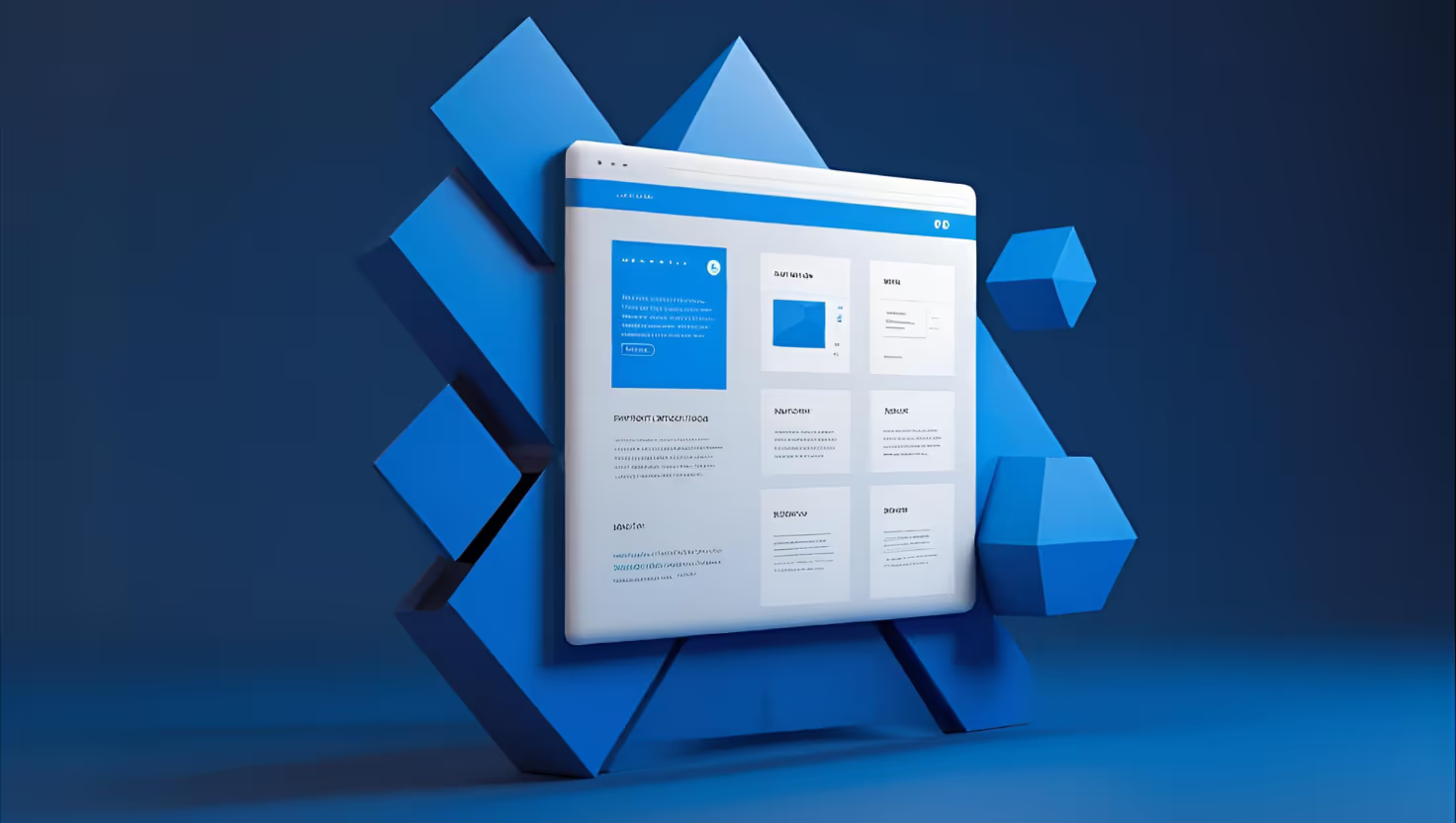







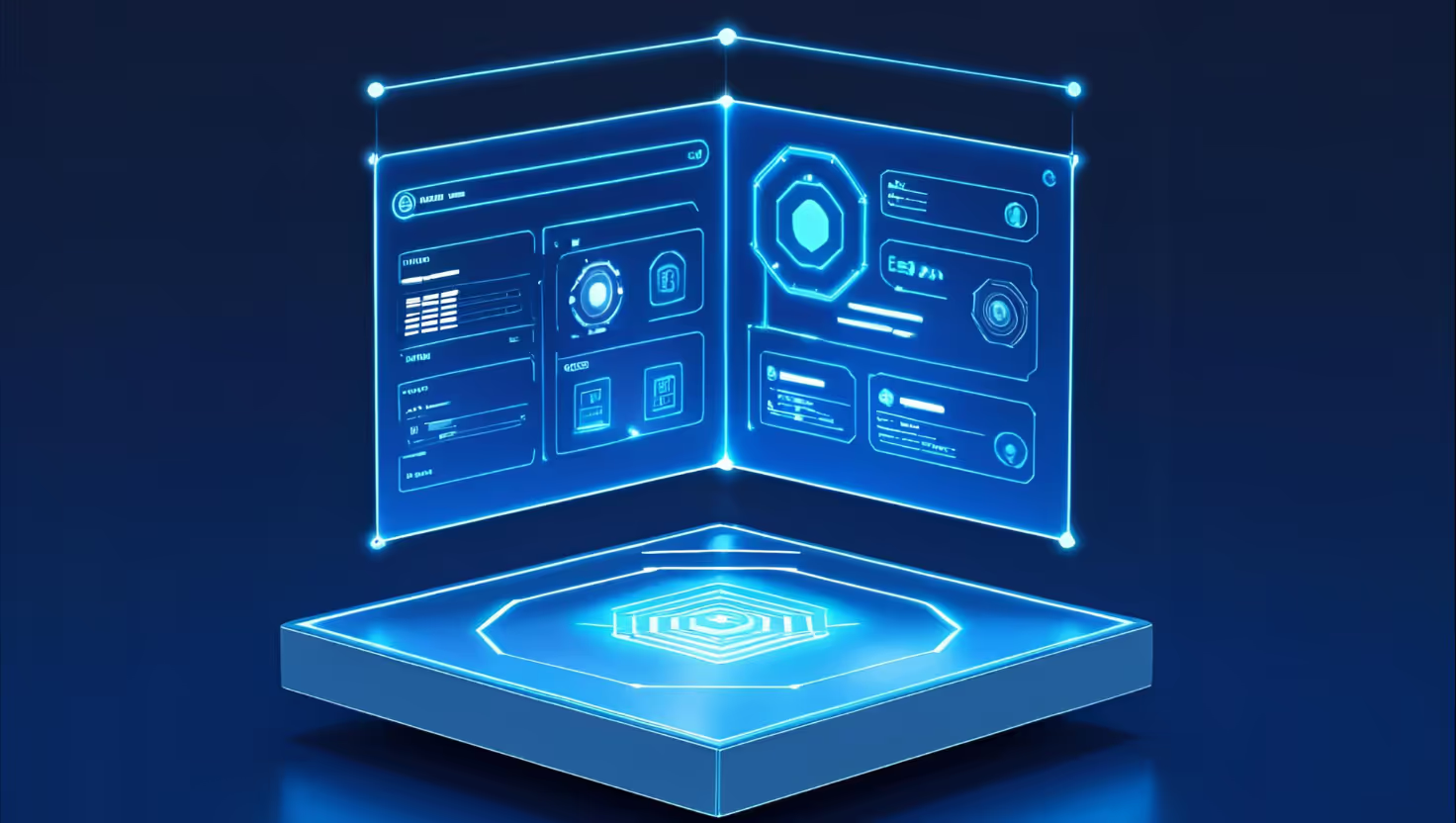

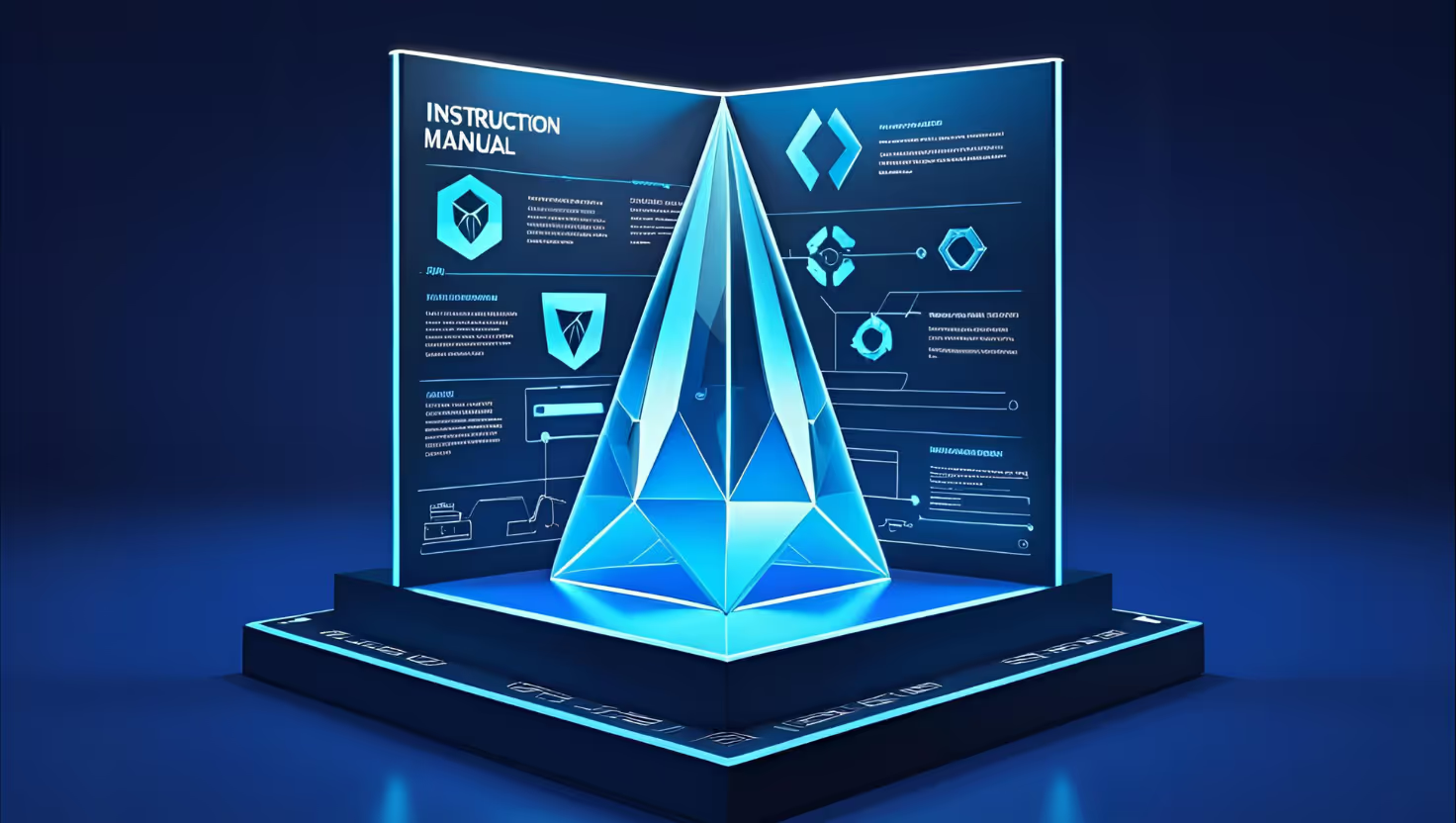

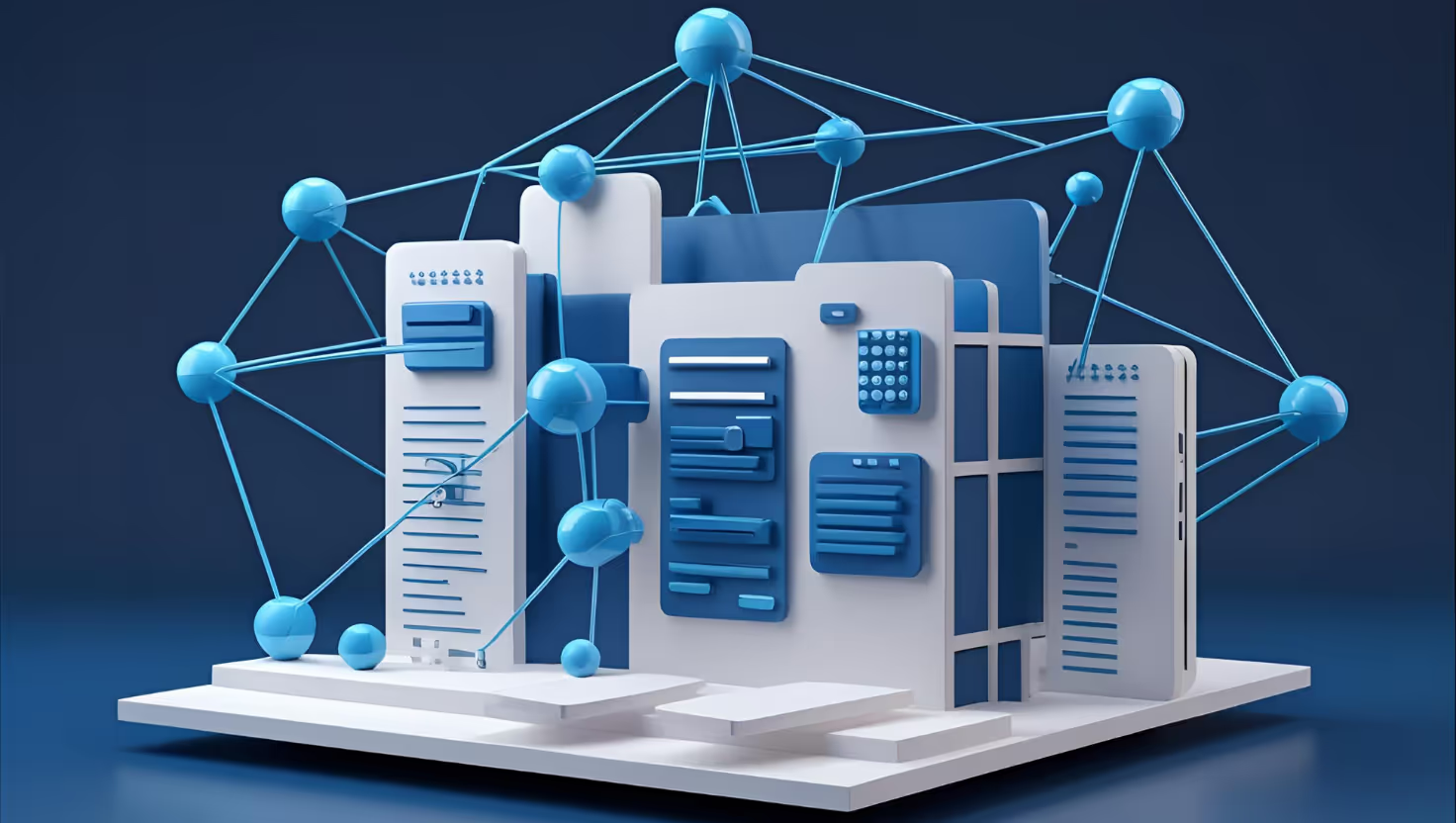











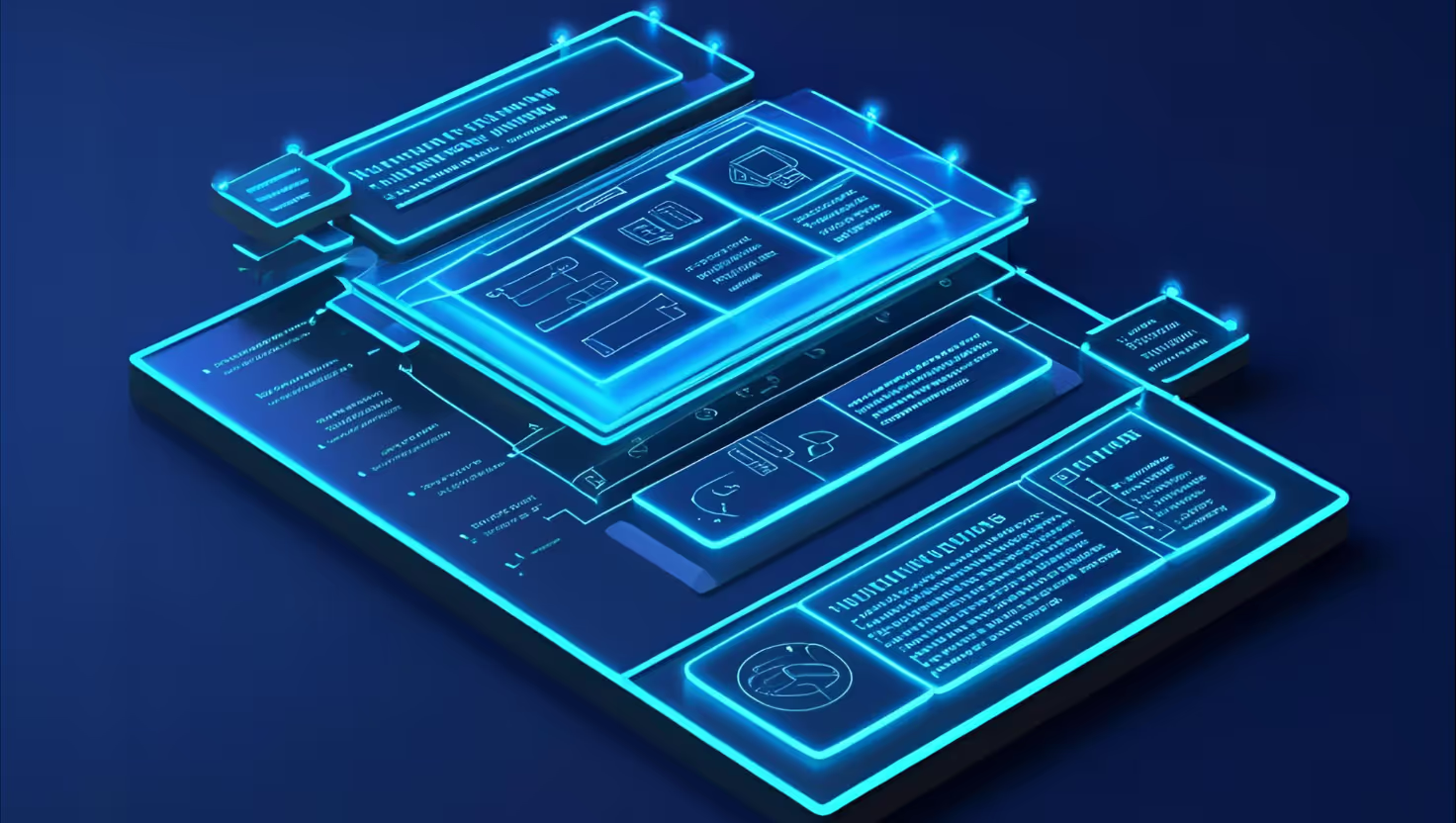






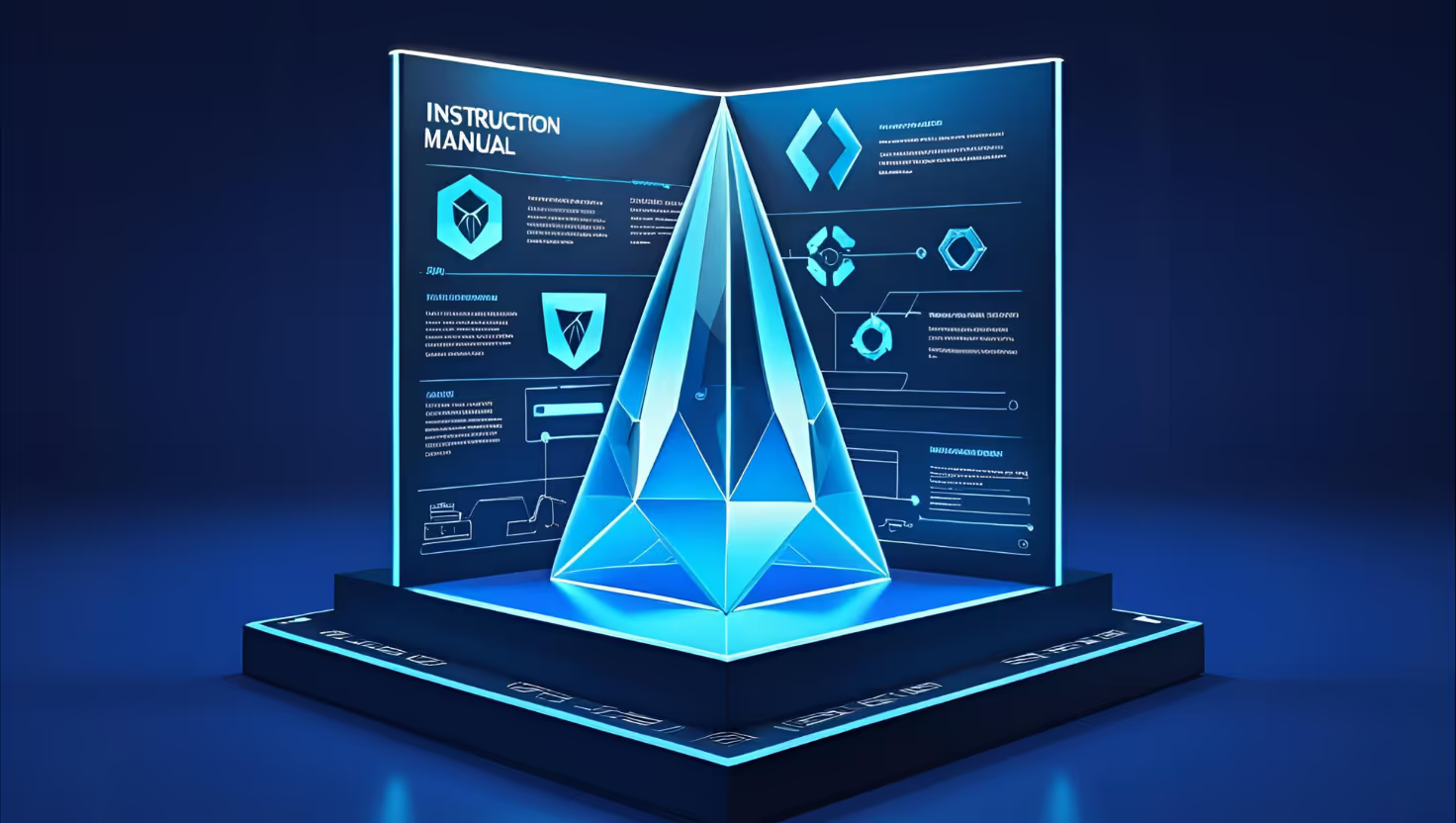










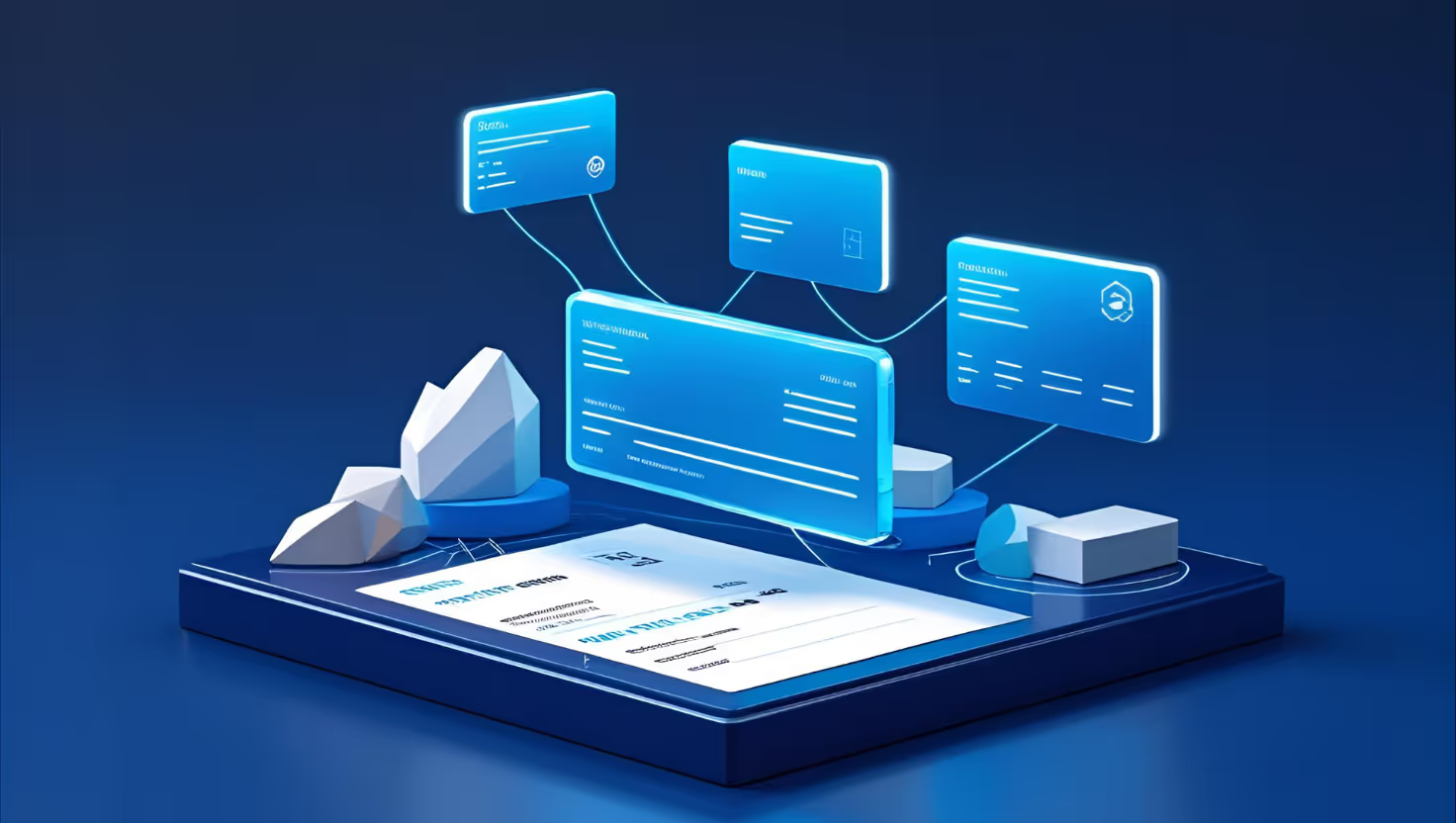







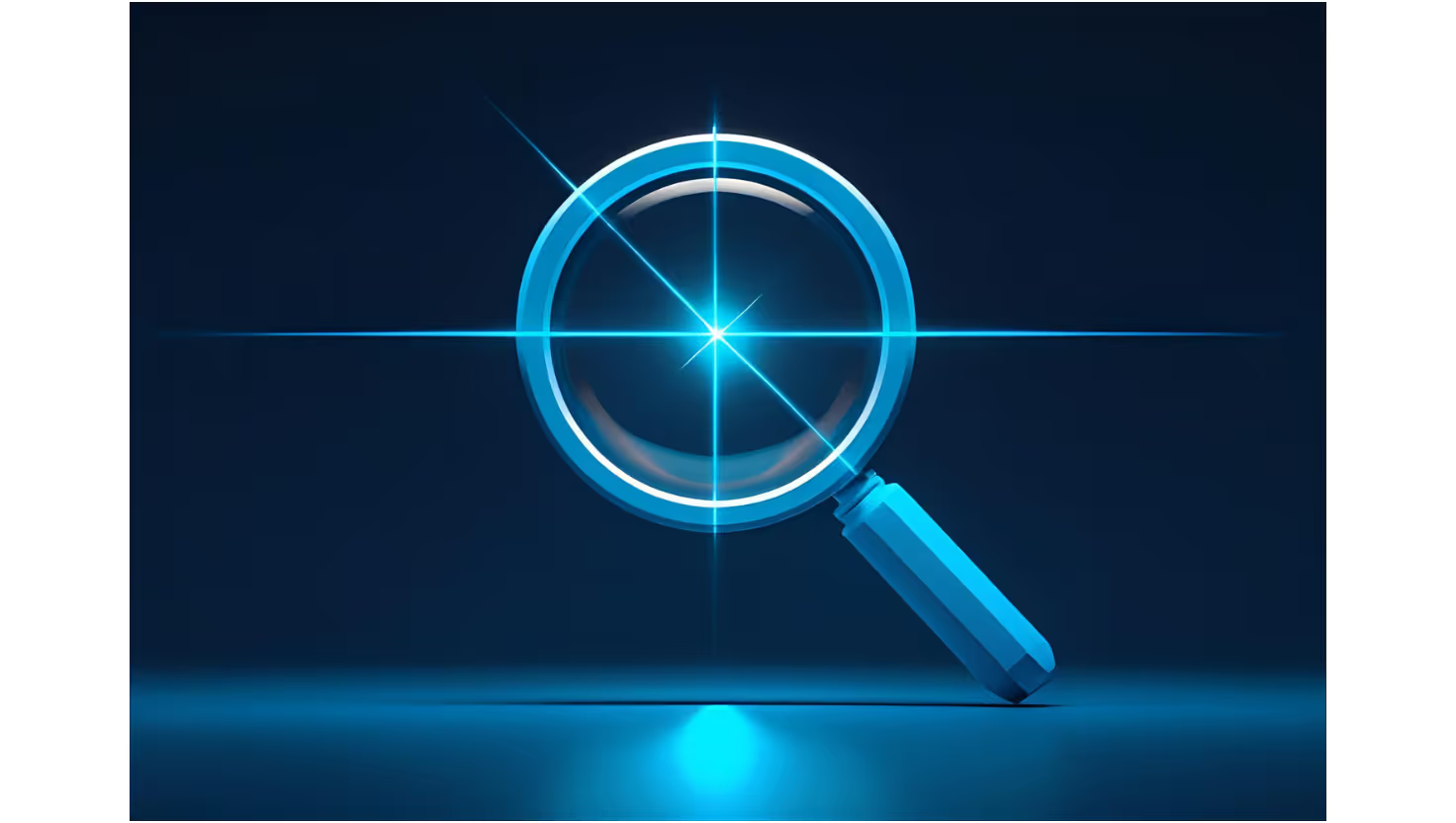
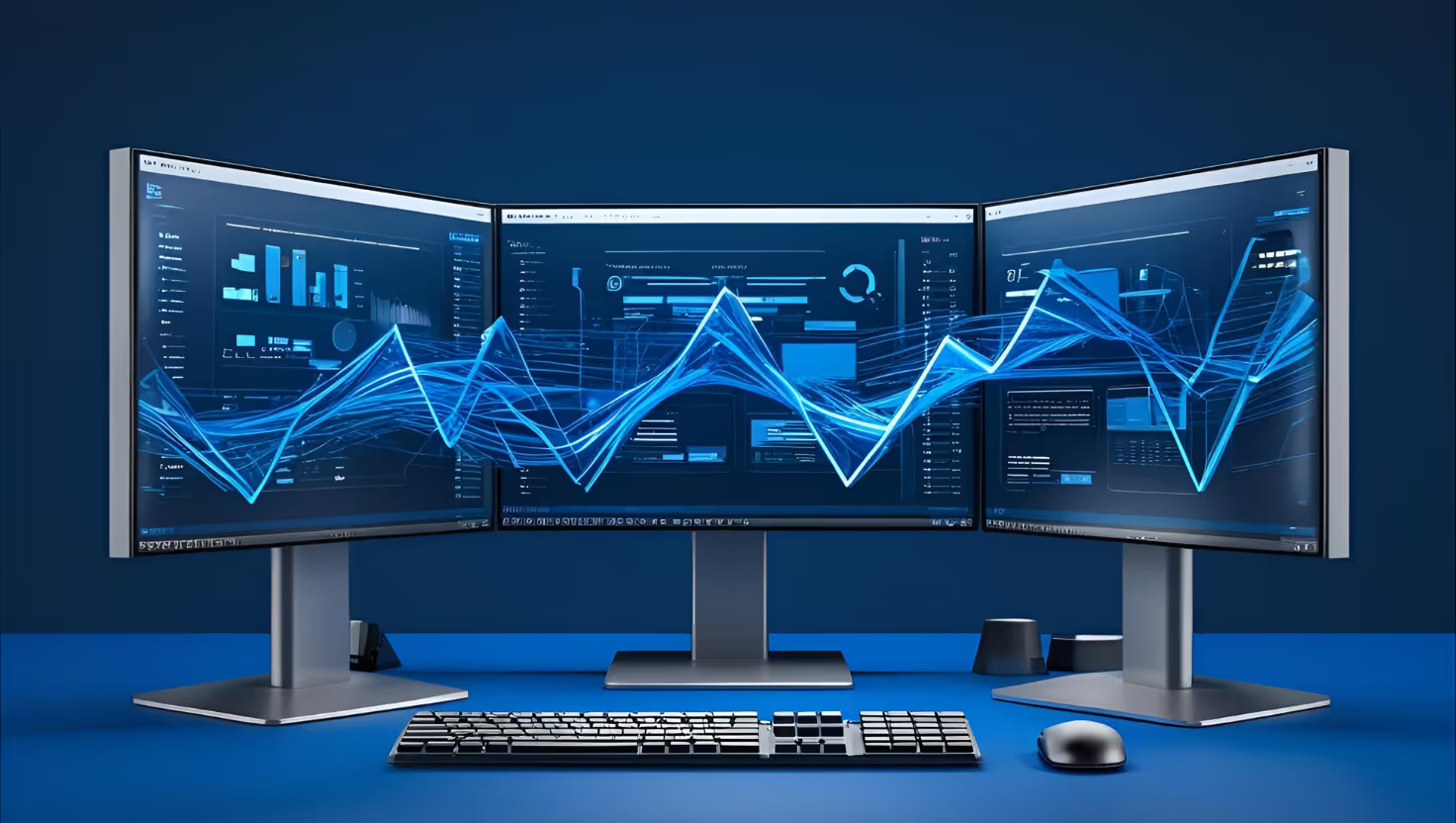


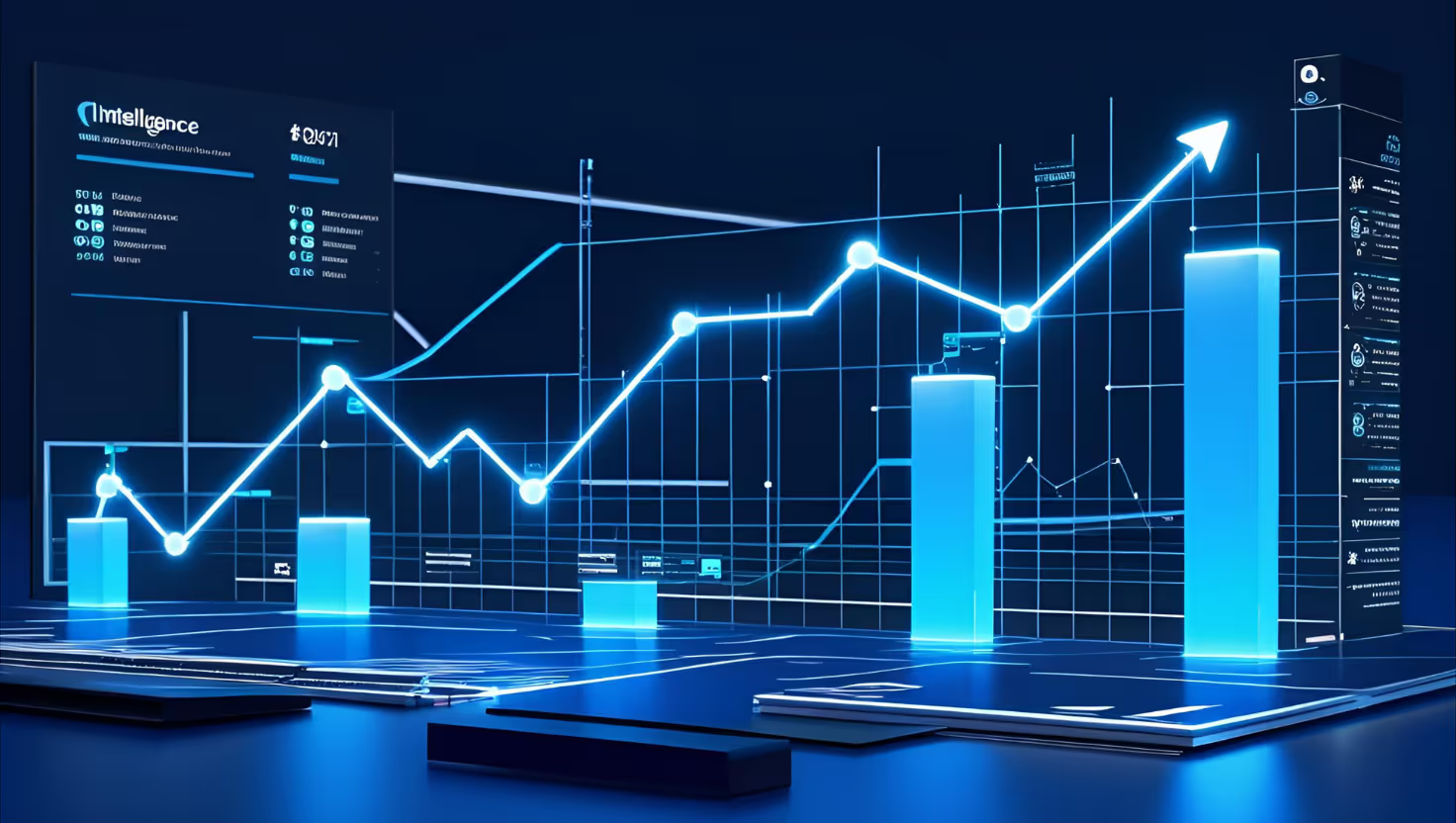
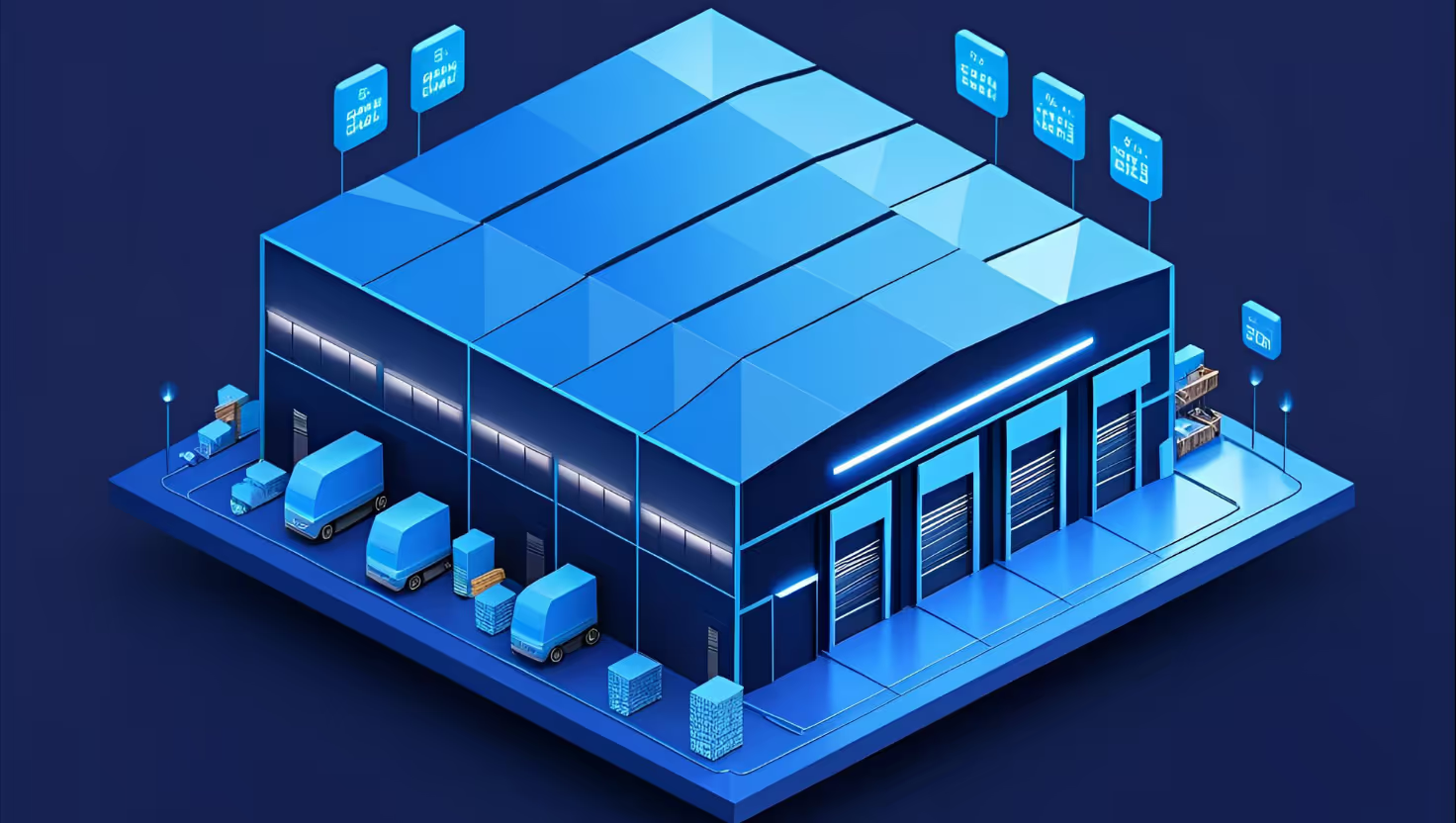

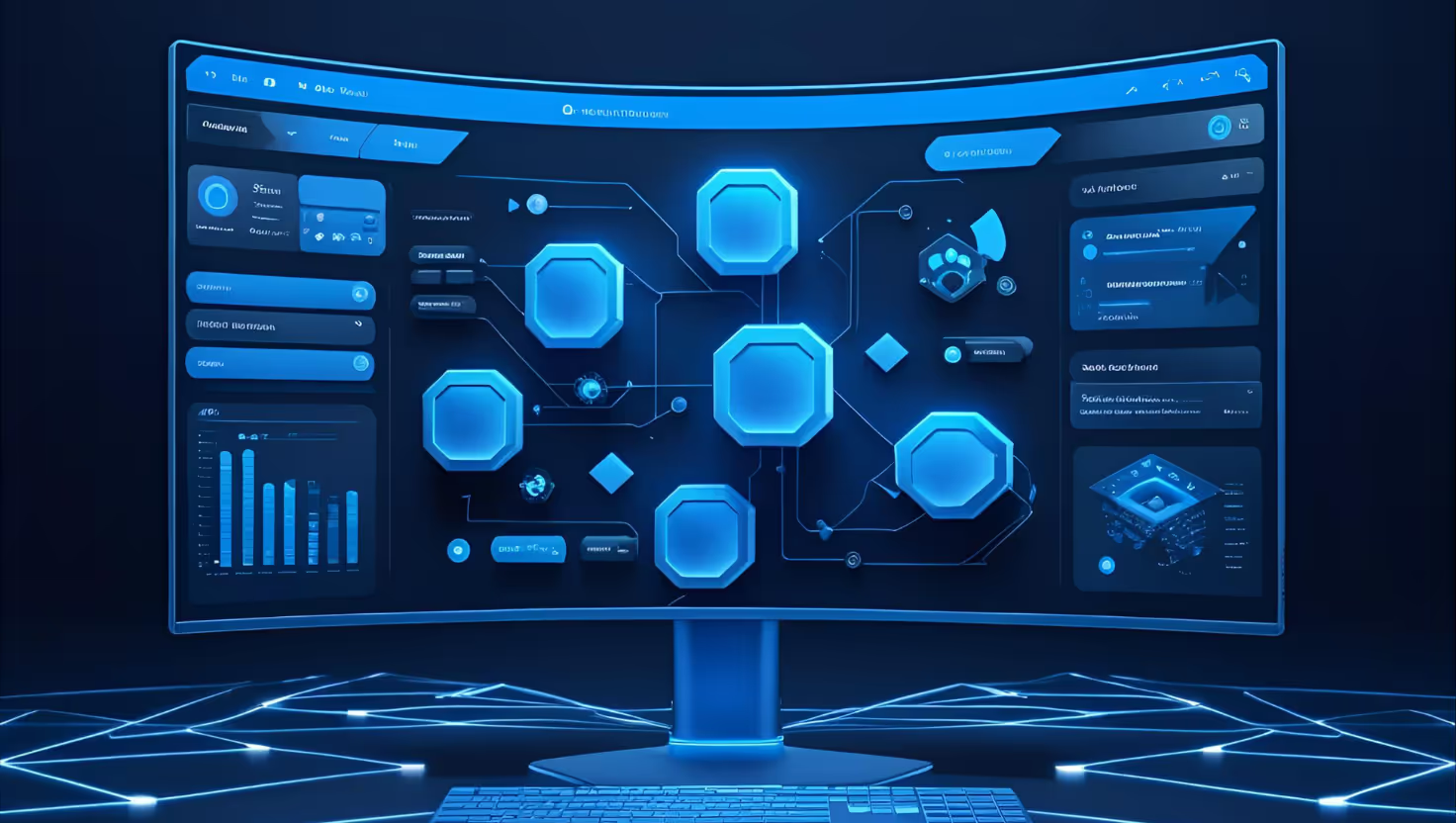
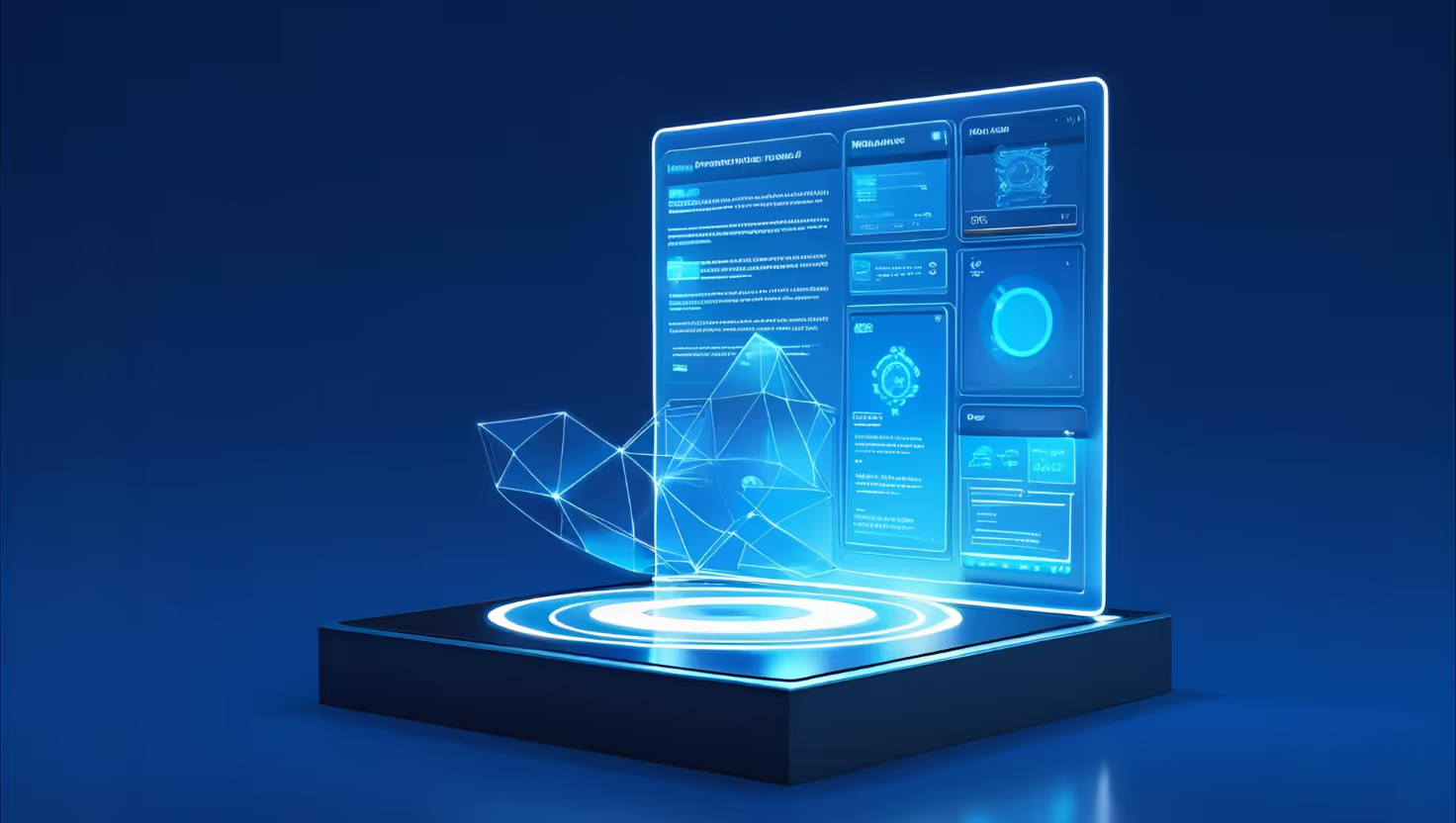











.avif)









